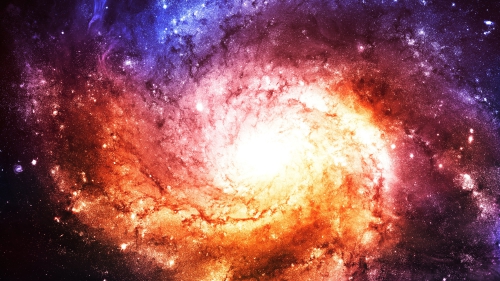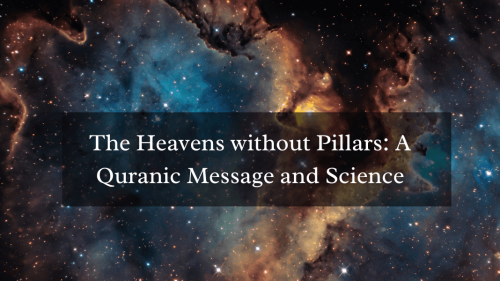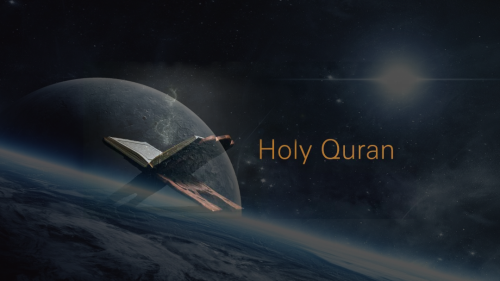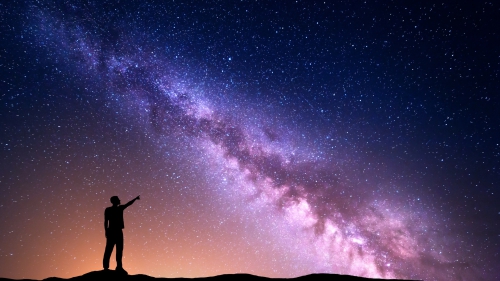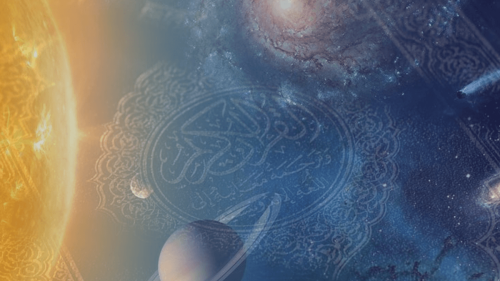Intelligent Design: Big Bang and James Webb Telescope
In this episode of The Joe Rogan Experience, Stephen C. Meyer discusses the implications of the James Webb Space Telescope's recent findings on the Big Bang Theory. Addressing media reports that have questioned the Big Bang, Meyer explains how certain findings have been misrepresented, while also exploring how the new telescope continues to support the long-held theory of an expanding universe.
The Controversy Around the James Webb Telescope
Meyer points out that some media reports, particularly those based on the work of physicist Eric Lerner, claim that the findings of the James Webb Telescope challenge the Big Bang Theory. However, Lerner’s interpretation, including a misused quote from a University of Kansas astrophysicist, has been debunked. The astrophysicist clarified that their quote was about galaxy formation, not the Big Bang itself.
Confirmation of the Expanding Universe
Meyer explains that the primary goal of the James Webb Telescope is to detect redshifted radiation from distant galaxies, which would confirm the universe's continued expansion, as predicted by the Big Bang. The telescope successfully detected this radiation, providing further evidence of the expansion of the universe, a key tenet of the Big Bang Theory.
Anomalies in Galaxy Formation
One surprising finding was that galaxies formed earlier and matured faster than expected. This anomaly is still under investigation, but Meyer asserts that these discrepancies do not refute the Big Bang. Rather, they highlight areas where our understanding of galaxy formation needs refinement.
The Big Bang and Theistic Implications
Meyer delves into the philosophical and theoretical implications of the Big Bang, mentioning key scientific developments like Hawking’s singularity theorems and the Borde-Guth-Vilenkin theorem, both of which support the idea that the universe had a definite beginning. Meyer suggests that these findings have strong theistic implications, as they point to a universe that began from nothing.
Dr. Stephen C. Meyer, who holds a Ph.D. in the philosophy of science from the University of Cambridge, is a former geophysicist and college professor. He now leads the Discovery Institute’s Center for Science and Culture. Meyer is the author of several influential books, including the New York Times best seller Darwin’s Doubt, Signature in the Cell, and The Return of the God Hypothesis. [ Full Bio ]
Topics: Big Bang Theory, Cosmology, Creation And Evolution, Metaphysics, Science And Religion, Universe, Webb Telescope
Related Suggestions






